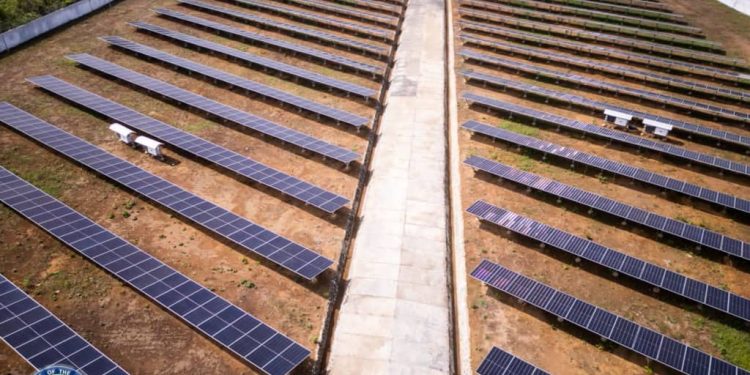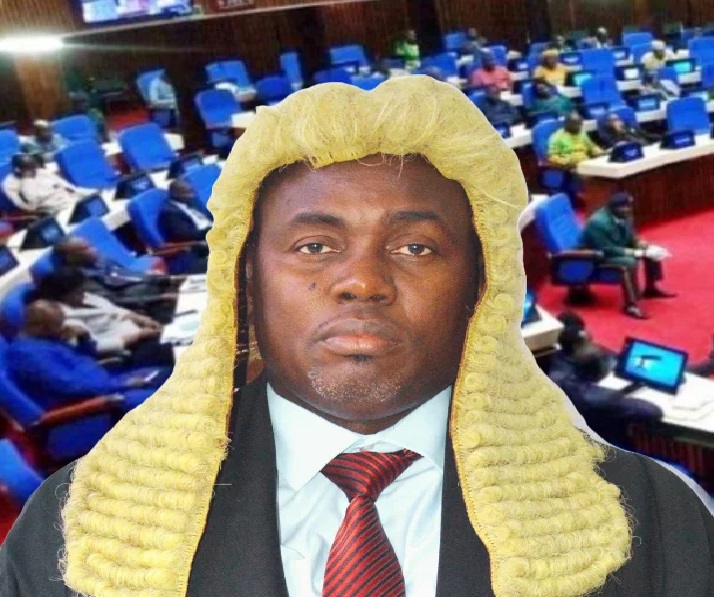By Hassan Osman Kargbo
After four decades in darkness, Moyamba Town in Southern Sierra Leone is finally lit up again, thanks to a long-anticipated electrification effort led by President Julius Maada Bio. The return of power to Moyamba has been likened to the return of a long-lost lighthouse beacon—guiding, illuminating, and revitalizing a town that had all but given up on consistent electricity.
While the lights shine once more in Moyamba, Sierra Leone’s broader energy landscape is preparing for a significant transformation. Hon. Dr. Kandeh Kolleh Yumkella, a prominent figure in the country’s energy sector and a former UN energy expert, has unveiled a national plan to combat electricity theft and improve energy efficiency through the introduction of tamper-proof smart meters.
The initiative comes in the wake of a concerning audit conducted by the Electricity Distribution and Supply Authority (EDSA), which revealed that a staggering 80% of electricity meters in Freetown were either tampered with or connected illegally. These unauthorized setups have allowed many users to bypass payments, resulting in millions of dollars in lost revenue annually—money that could have been used to stabilize and expand the power grid.
Speaking at a press conference in Freetown, Dr. Yumkella emphasized the need for urgent reform. “We cannot build a reliable and affordable energy system if 80 percent of our power is essentially being stolen,” he said. “Smart meters are not just gadgets—they are the foundation of a new energy economy.”
According to Yumkella, the first batch of tamper-proof smart meters has already arrived in Freetown. The meters are designed to detect and prevent unauthorized access and manipulation, while also allowing for real-time monitoring of electricity usage. The full plan envisions the installation of 350,000 such meters across Sierra Leone, with Freetown being a primary focus.
Before that massive deployment begins, however, Moyamba will serve as the pilot town for the smart meter rollout. Officials say the smaller population and the newly re-established electricity infrastructure make Moyamba an ideal testing ground. Engineers and technicians will monitor meter performance, user behavior, and technical issues in real time, gathering crucial data to fine-tune the larger national implementation.
Residents of Moyamba have welcomed the return of electricity with a mix of joy and disbelief. “For years, we relied on generators or candles—if we could afford them,” said Fatmata Kamara, a teacher. “Now I can teach my students using lights and even charge my phone. It’s like we’ve entered a new world.”
The government hopes that the combination of restored power in long-neglected areas like Moyamba and the deployment of smart meters will build public trust in the electricity system and encourage a culture of accountability and payment. Authorities also believe that reducing losses due to theft will help make electricity more affordable for everyone.
As Sierra Leone marches toward energy reform, the coming months will be critical. Moyamba will set the tone for whether this ambitious plan can succeed. If it works, the lights that now shine in Moyamba could soon flicker to life across every corner of the nation













